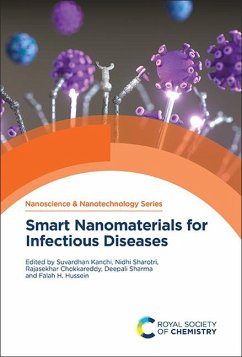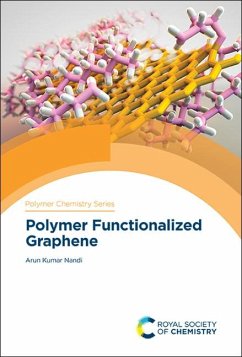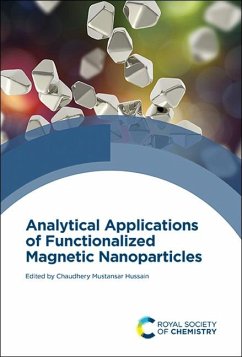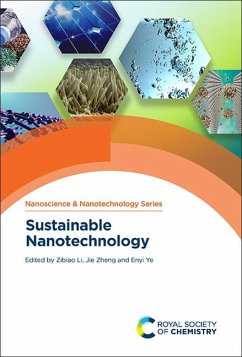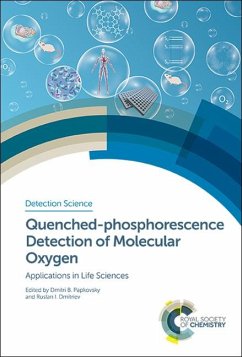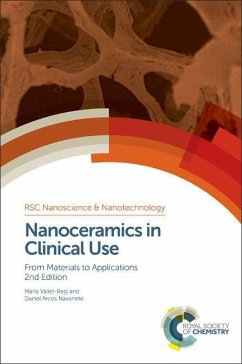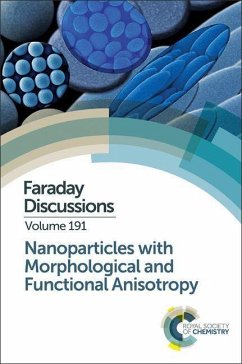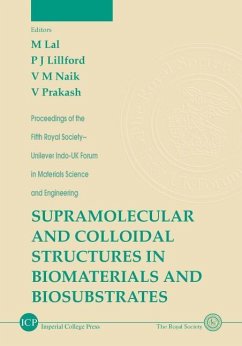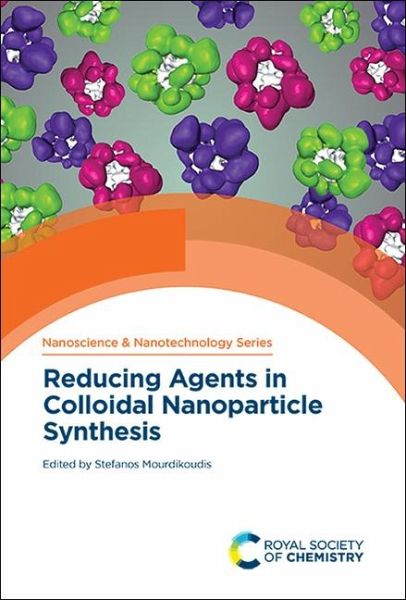
Reducing Agents in Colloidal Nanoparticle Synthesis
Versandkostenfrei!
Versandfertig in über 4 Wochen
221,99 €
inkl. MwSt.

PAYBACK Punkte
111 °P sammeln!
Nanoparticles can be synthesised via a number of methods, including laser ablation, thermal decomposition, chemical reduction and polyol synthesis. Chemical reduction is usually preferred, due to its ease and cost-effectiveness. There are several types of compound used as reducing agents in nanoparticle synthesis, and one recent development is the use of biological entities as environmentally friendly reductants. This book will highlight the role of reducing agents in the chemical synthesis of nanoparticle systems, presenting the main categories of reducing agents, which vary on reactivity, se...
Nanoparticles can be synthesised via a number of methods, including laser ablation, thermal decomposition, chemical reduction and polyol synthesis. Chemical reduction is usually preferred, due to its ease and cost-effectiveness. There are several types of compound used as reducing agents in nanoparticle synthesis, and one recent development is the use of biological entities as environmentally friendly reductants. This book will highlight the role of reducing agents in the chemical synthesis of nanoparticle systems, presenting the main categories of reducing agents, which vary on reactivity, selectivity, availability and toxicity. It will provide a comprehensive presentation of both modern and more conventional types of reagents. Emphasis will be given on the presentation not only of the functionality, but also of all the different advantages and limitations of each kind of reducing agent. With contributions from global experts, this title will be appropriate for graduate students and researchers in nanochemistry, colloidal synthesis, inorganic chemistry, organometallic chemistry, chemical engineering, physical chemistry, materials science, biology and physics.



